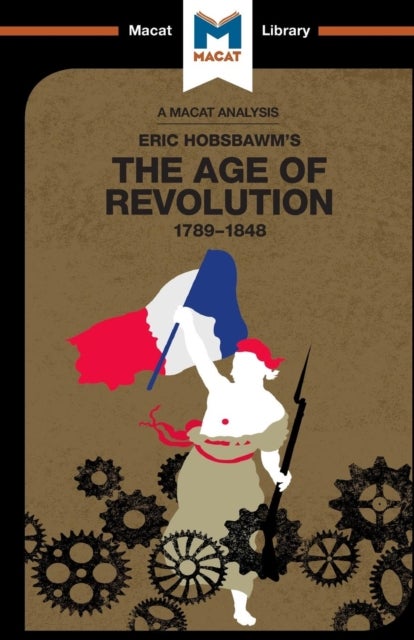
An Analysis of Eric Hobsbawm's The Age Of Revolution av Tom Stammers
129,-
<P><EM>The Age of Revolution</EM> is the first of four works by Eric Hobsbawm that collectively synthesize the ideas he developed over a lifetime spent studying the nineteenth and twentieth centuries. </P><P>Hobsbawm''s vision is important ¿ he was a lifelong Marxist whose view of history was shaped by a fascination with social and economic history, yet who privileged evidence over political theory ¿ but the real power of these works, and especially <EM>The Age of Revolution</EM>, emanates from the wide range of the author''s reading and his mastery of the critical thinking skill of evaluation. </P><P>It is this skill that allows Hobsbawm to combine insights drawn from decades of reading into an original thesis that sees the crucial "long 19th century" as a period shaped by "dual revolution" ¿ the twin impacts of the Industrial Revolution in Britain, and the French Revolution on the continent. Hobsbawm supplemented his evaluative excellence with a firm grasp of reasoning, crafting a vo








